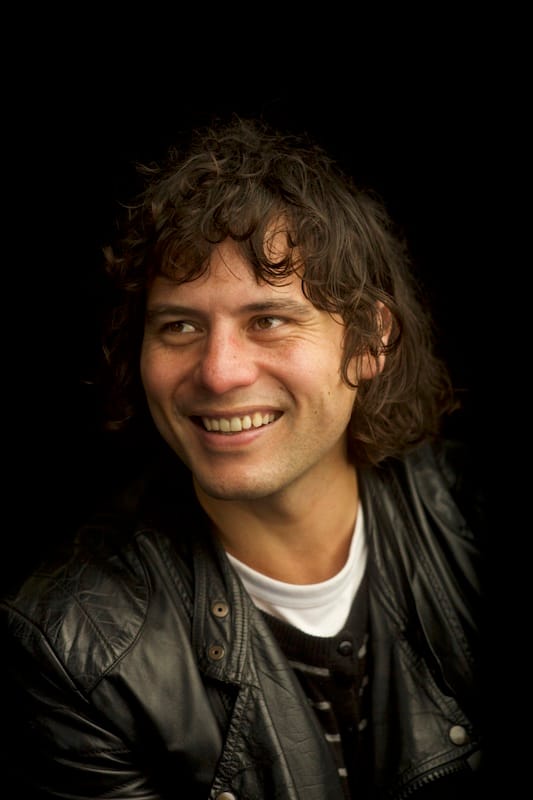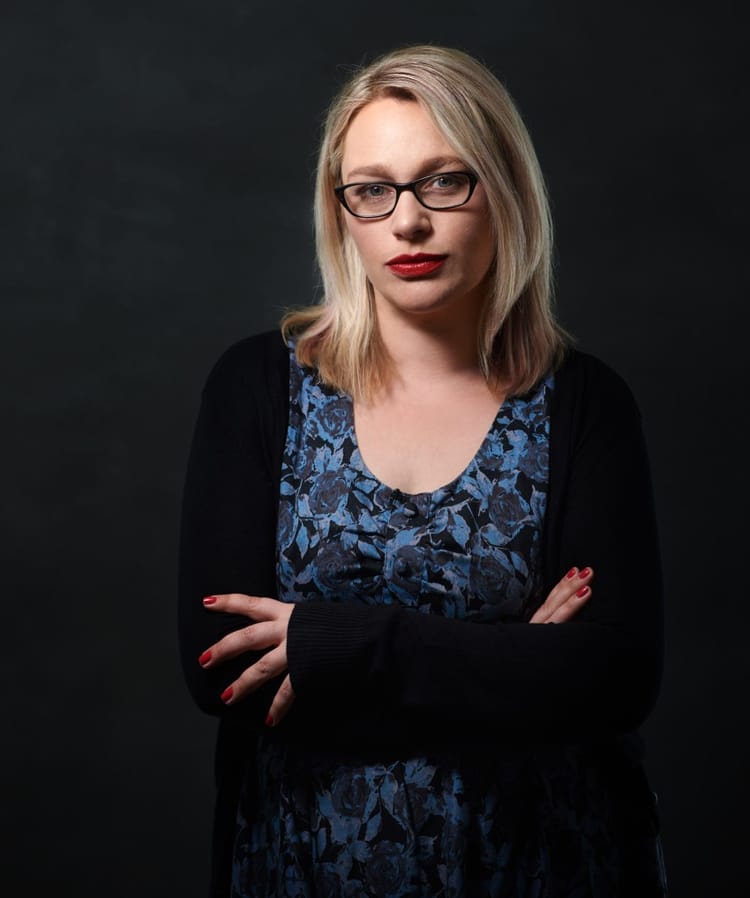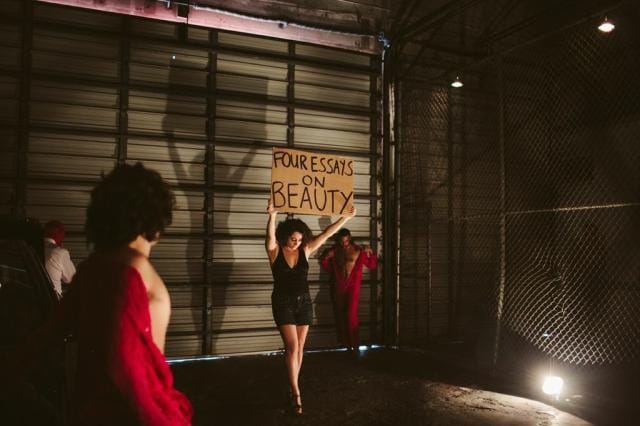How I Review: Samuel Te Kani

In the second edition of How I Review, an interview with writer and filmmaker Samuel Te Kani.
Samuel Te Kani is a writer and filmmaker based in Tāmaki Makaurau, he is the author of Please Call Me Jesus (2022). In 2025, Te Kani premiered his first film, A Very Good Boy, developed through Jane Campion’s Aotearoa Screen Stories intensive and debuting at the Venice International Film Festival. He hosts a podcast called Rats in the Gutter with Johanna Cosgrove, and his bylines include Vice, The Spinoff, Metro Magazine, the Pantograph Punch and Art New Zealand.
How did you get into criticism?
I’ve socially been surrounded by artists since I was in my early twenties. I was just in the world by proxy. I love art, I love the visual arts. I started off doing writing for friends, contributing texts to shows and stuff like that. From that, very slowly but surely having that standing to be writing reviews of shows for the handful of publications that New Zealand actually has, some of which haven’t survived the interim decade. Some of which have.
It’s definitely not something I do because it’s lucrative, it most certainly isn’t. But it’s something that we have an abject lack of. Critical writing about the visual arts, the fine arts, has been for a very long time a really important and significant cultural apparatus in terms of tastemaking and assessing value, and there being a sort of ambient cultural decision about what is and isn’t valuable.
That has become increasingly less and less. The value of art now is almost exclusively tied to market forces. The absence of critical writing is a testament to the triumph of those market forces. There now no longer needs to be any sort of critical voice in and around what the market decides is valuable. It’s purely a traffic of capital, and that’s actually something I find really interesting and I know a lot of conceptual artists find interesting. A lot of how art gets value or is attributed value, that process is speculative in the same way that financial value is speculative. It actually shares a bit of an identity, or it shares manoeuvres with finance, which you could argue is a mythical spindle. Weaving something out of nothing.
I’m doing this not because it’s lucrative but because I feel, urgently, that there is an issue with market forces being left to determine what is valuable.
That’s fucked to me. It’s an affront to man and God.


